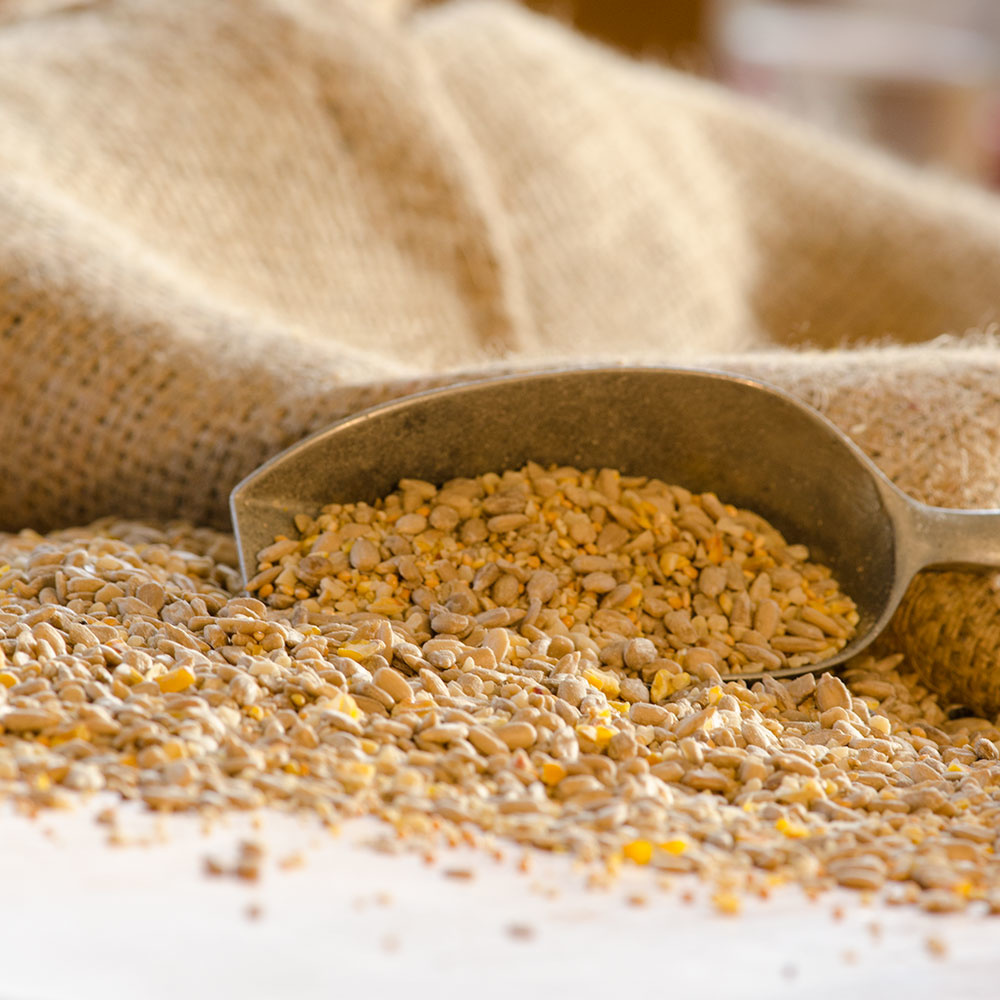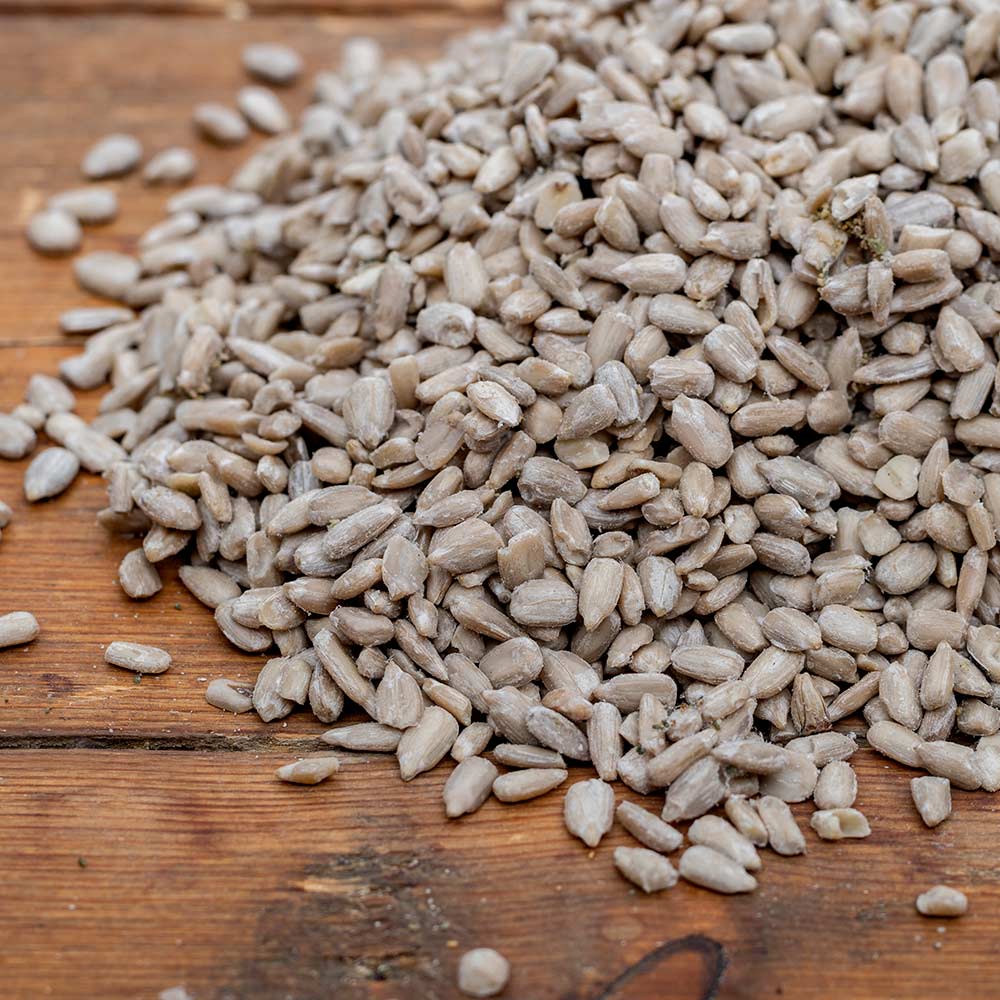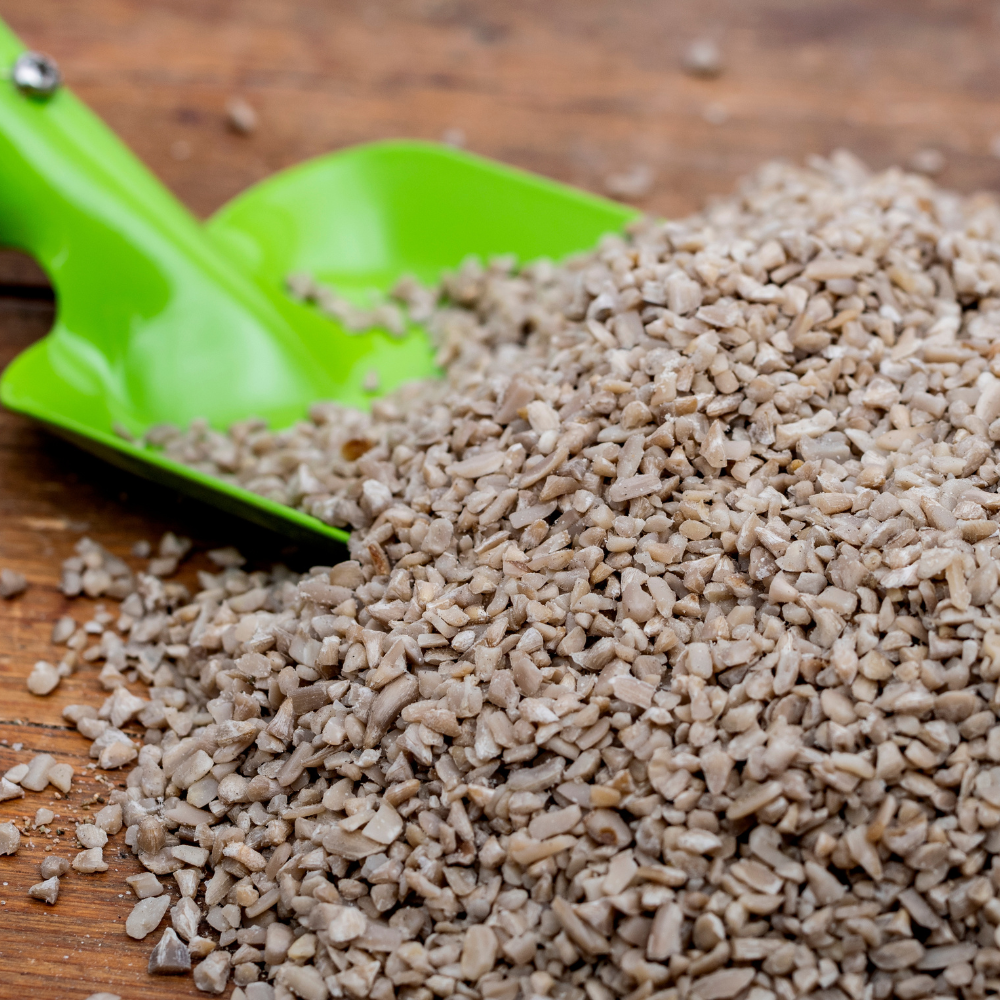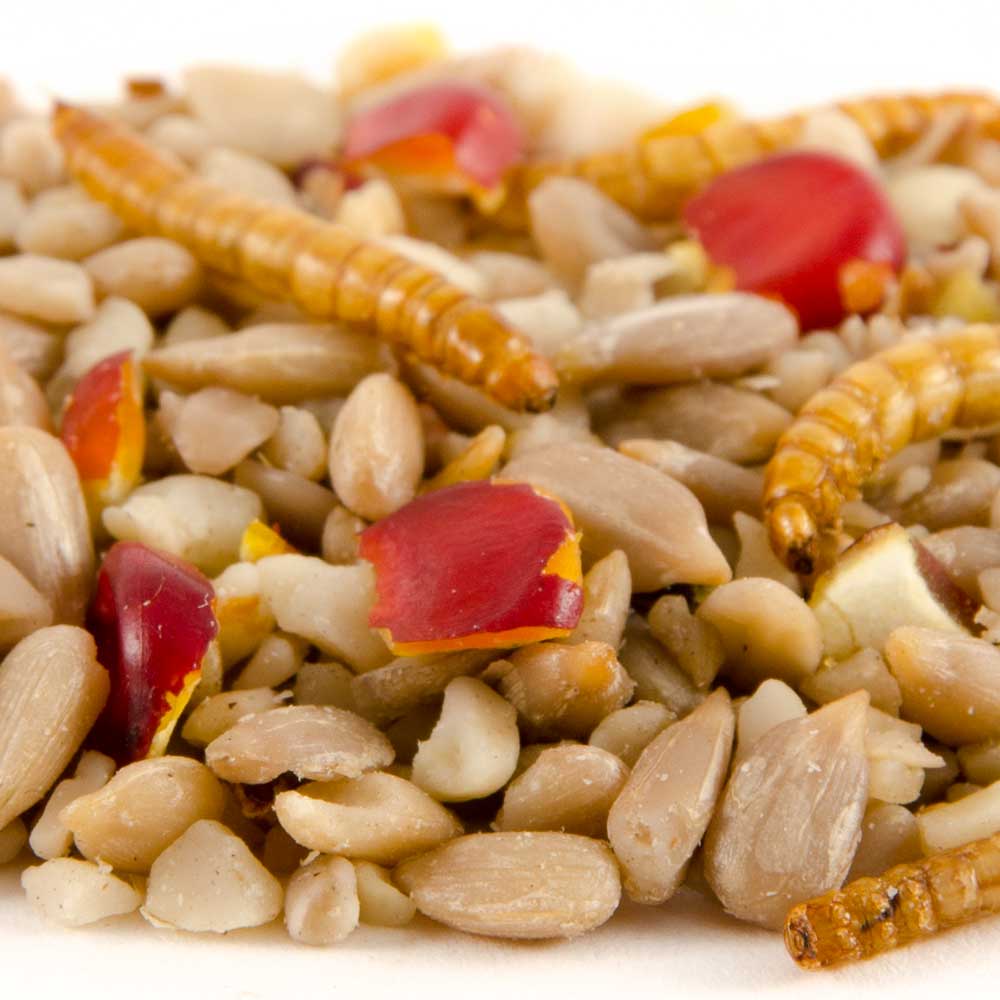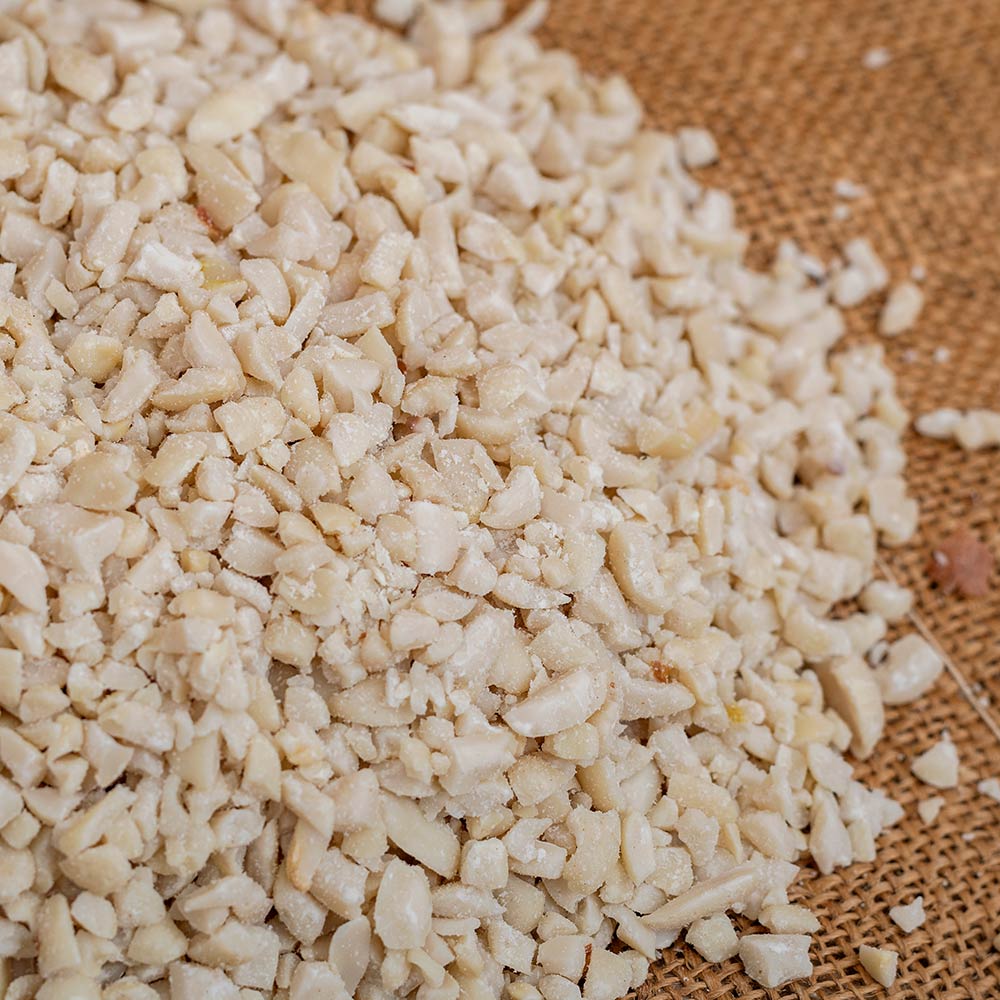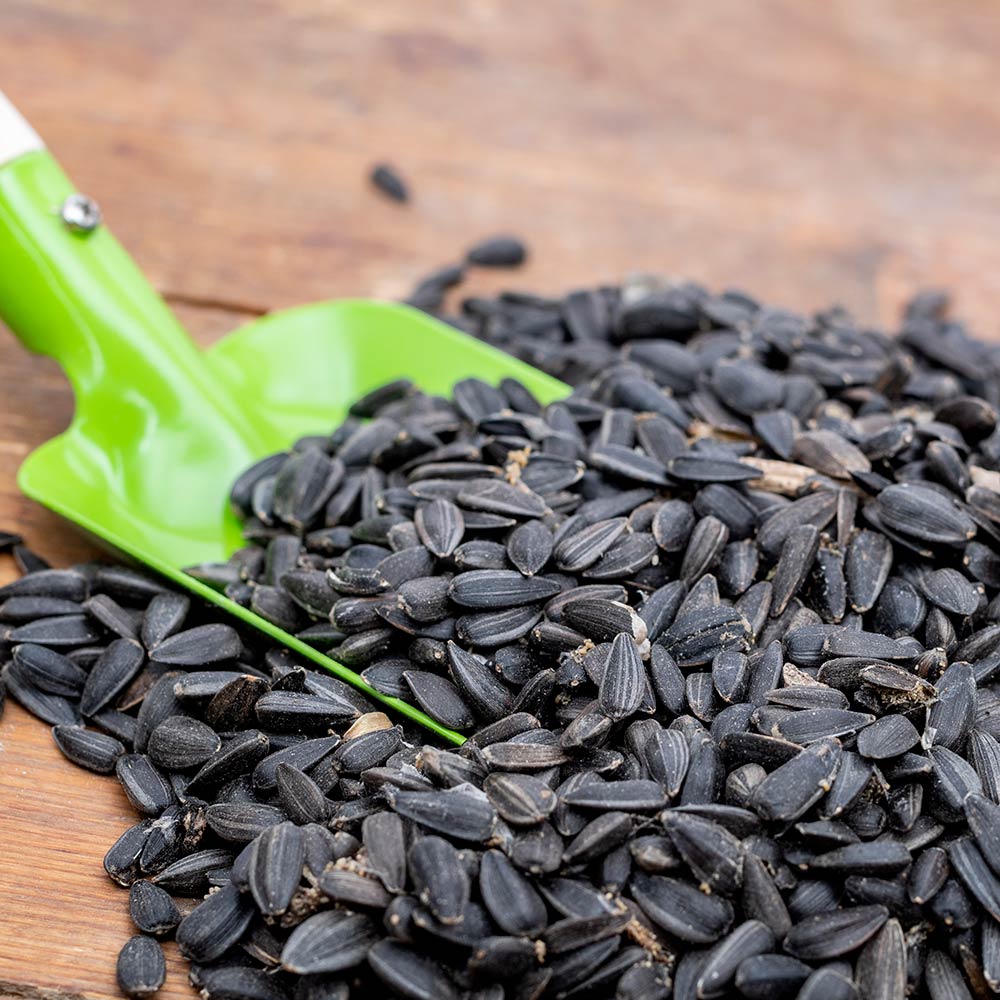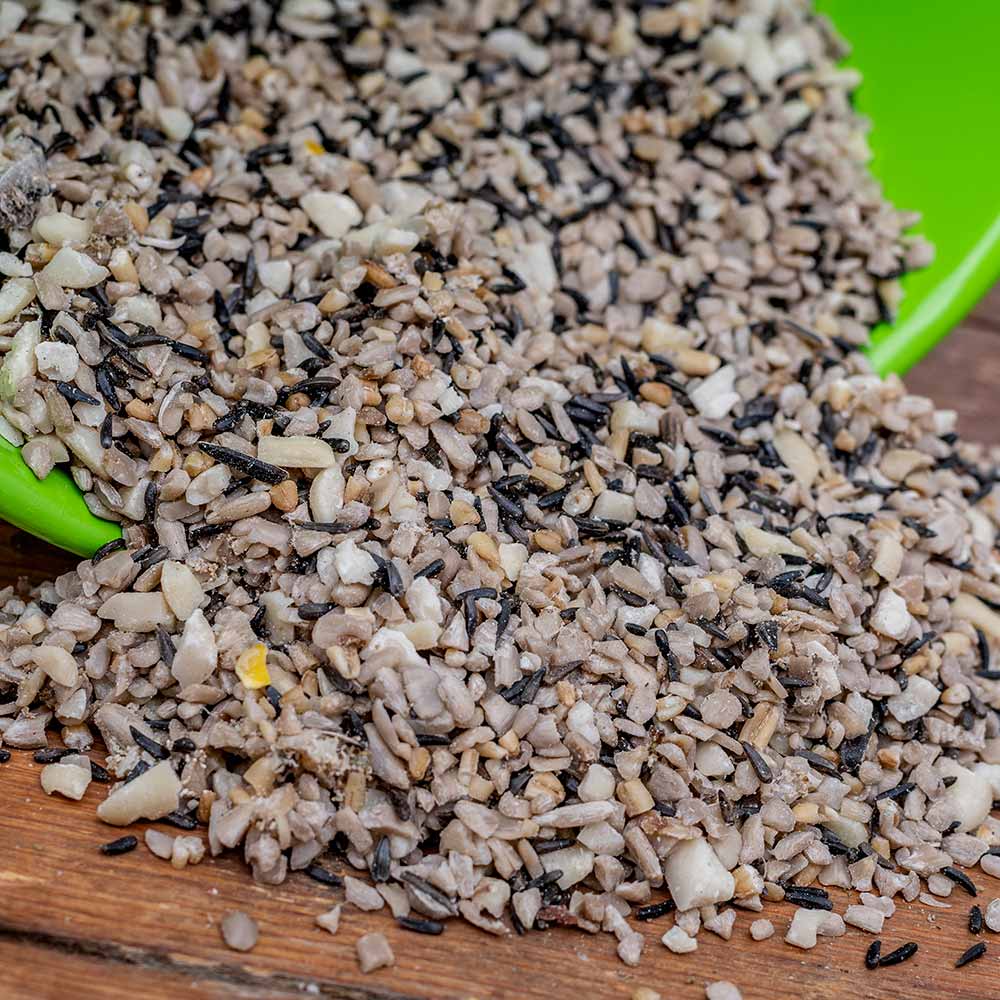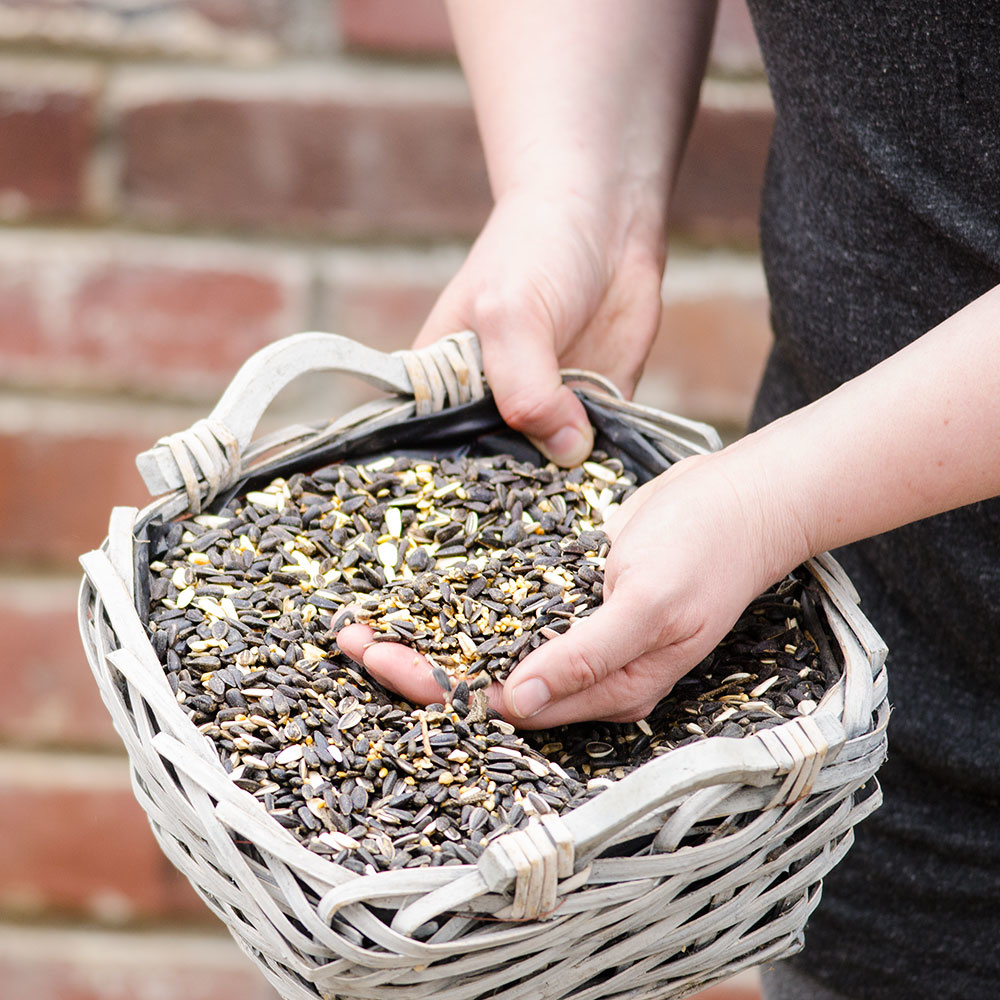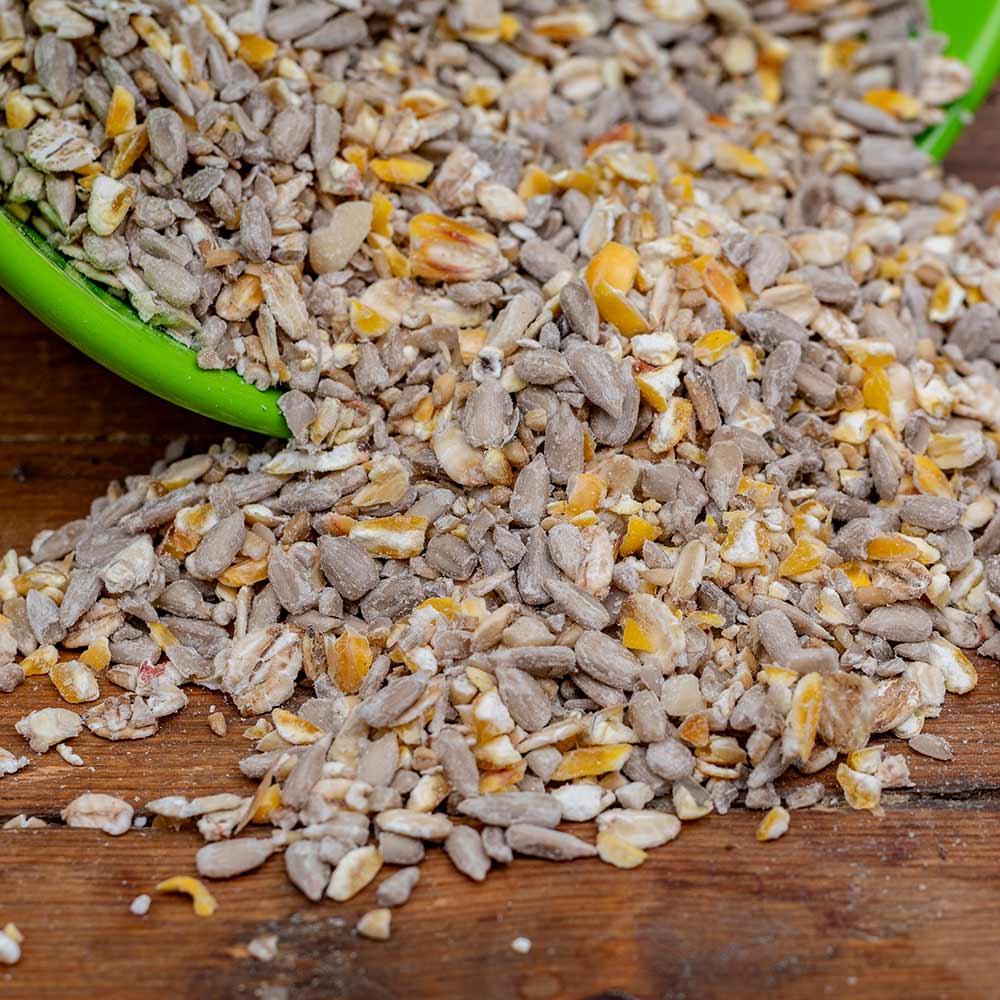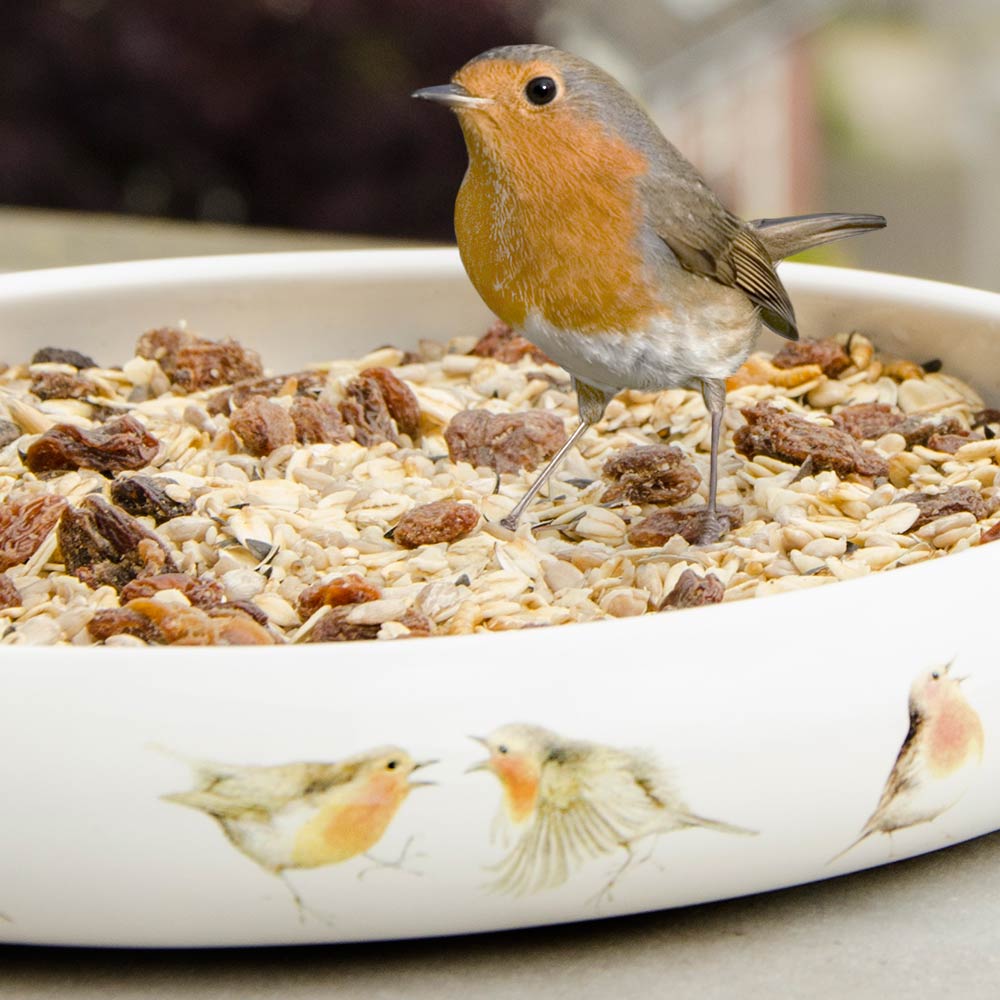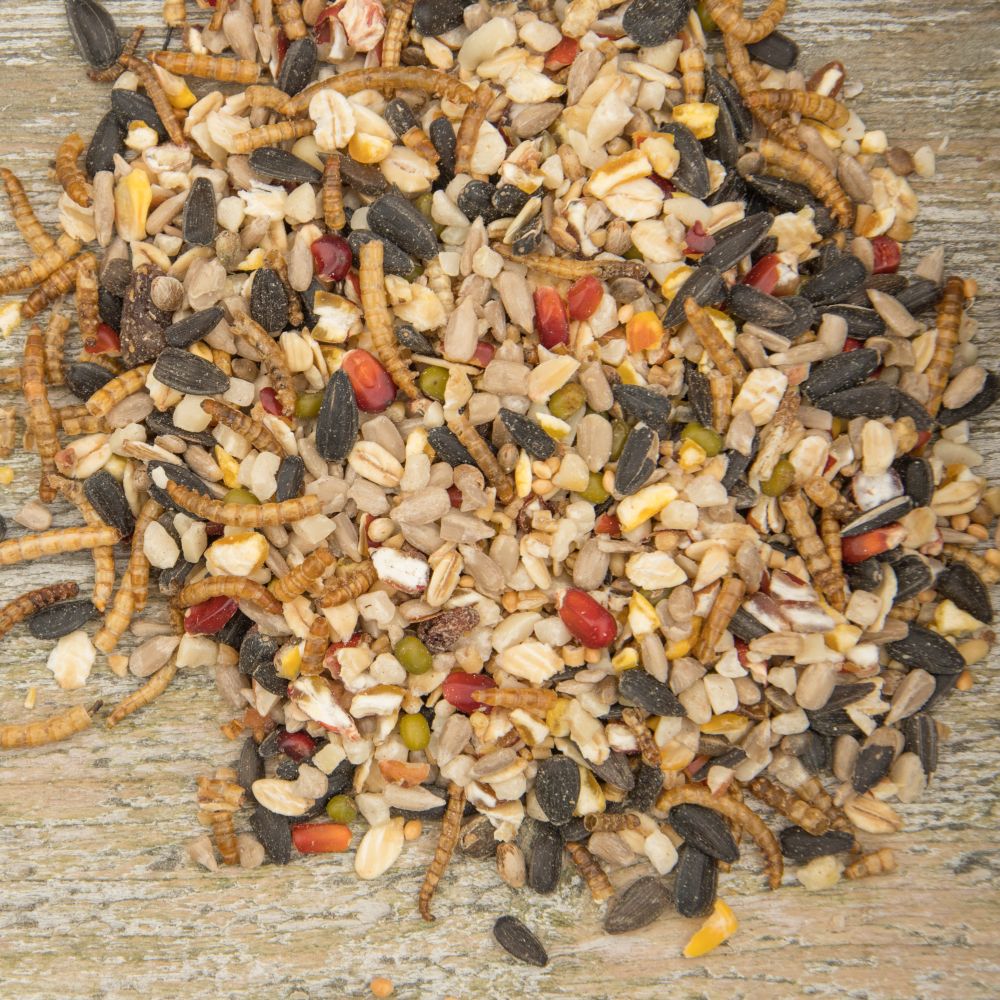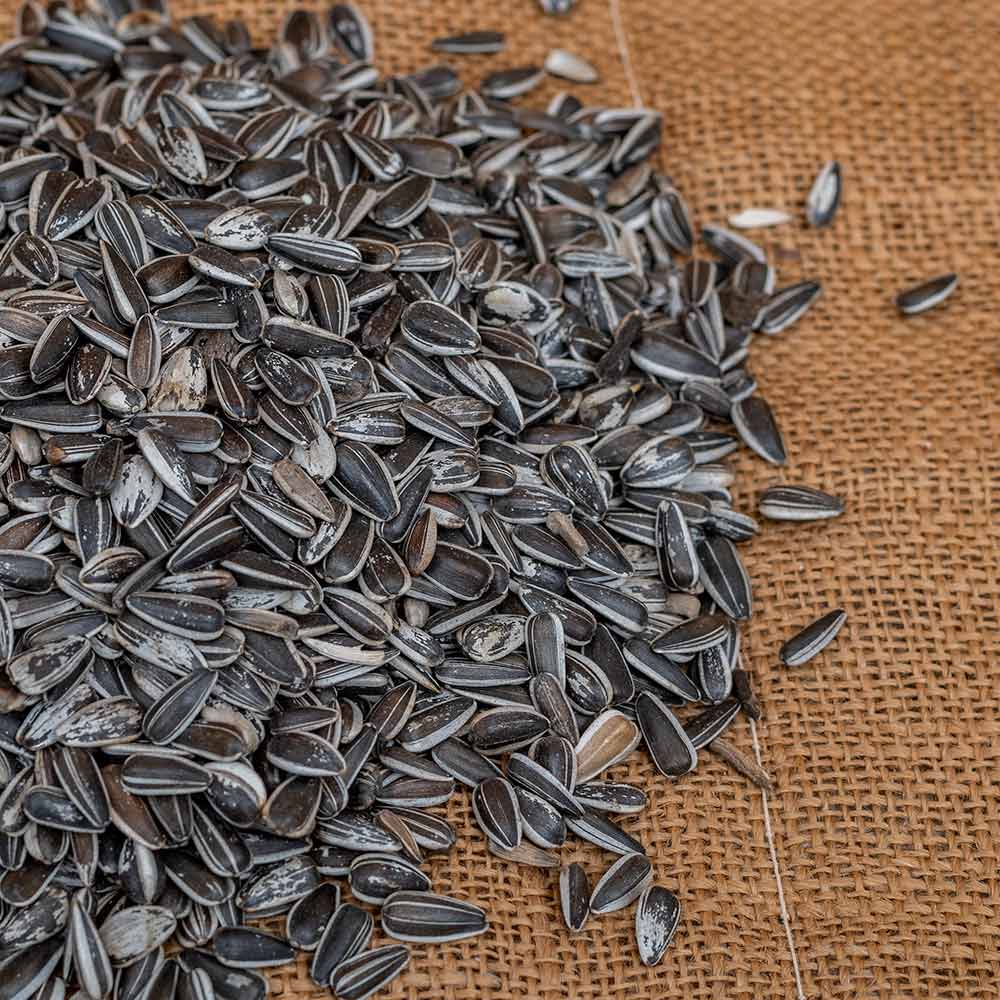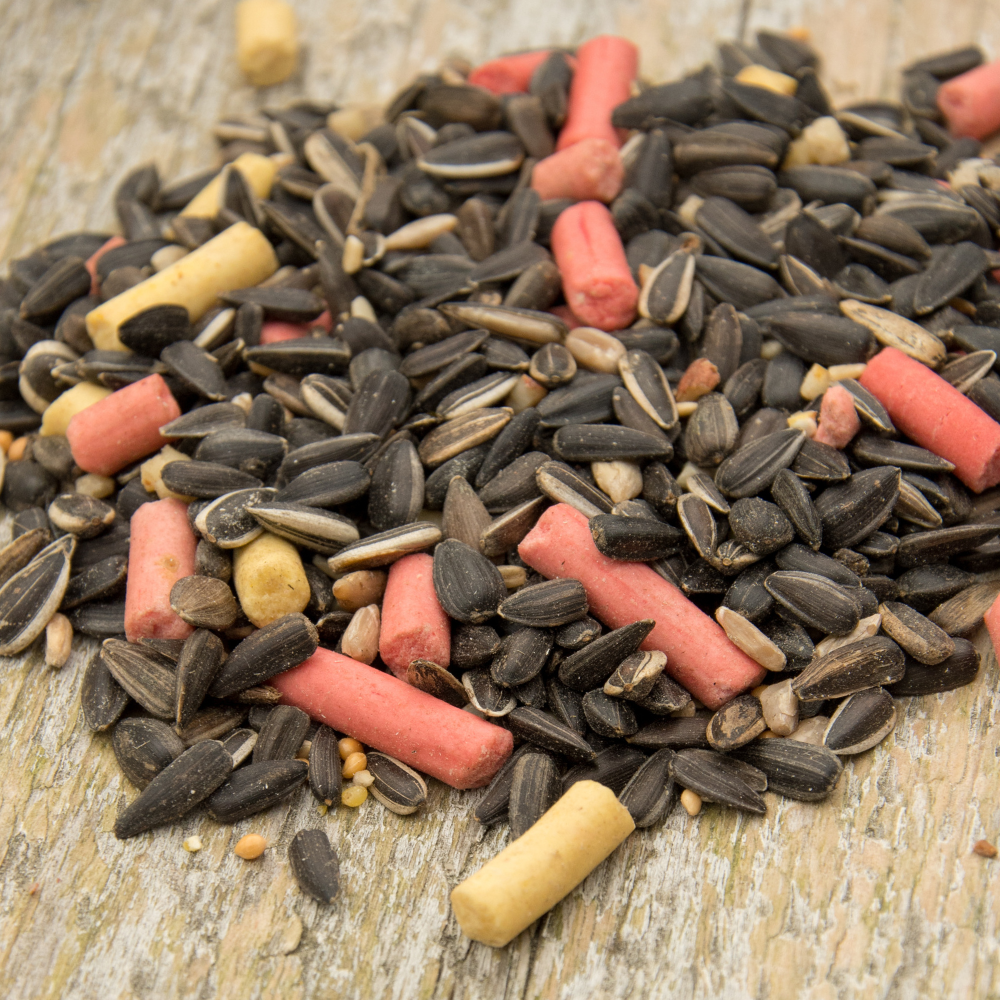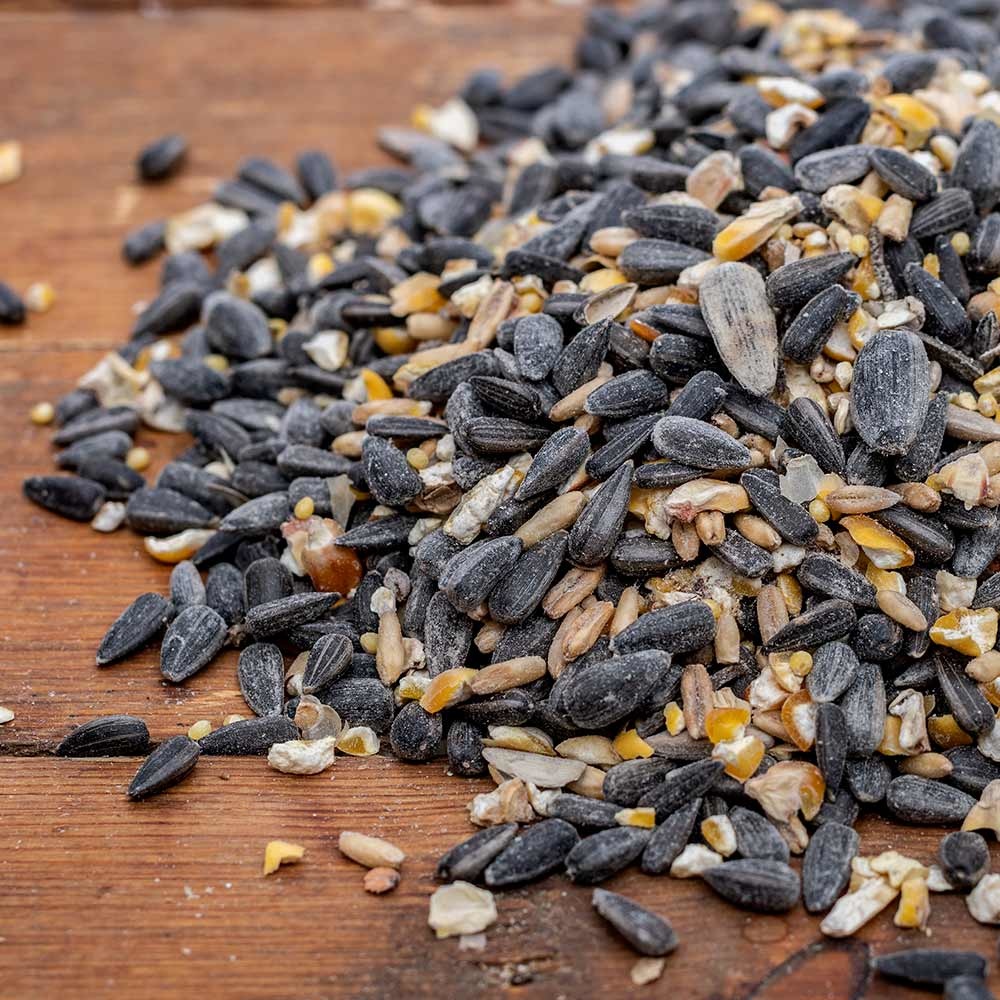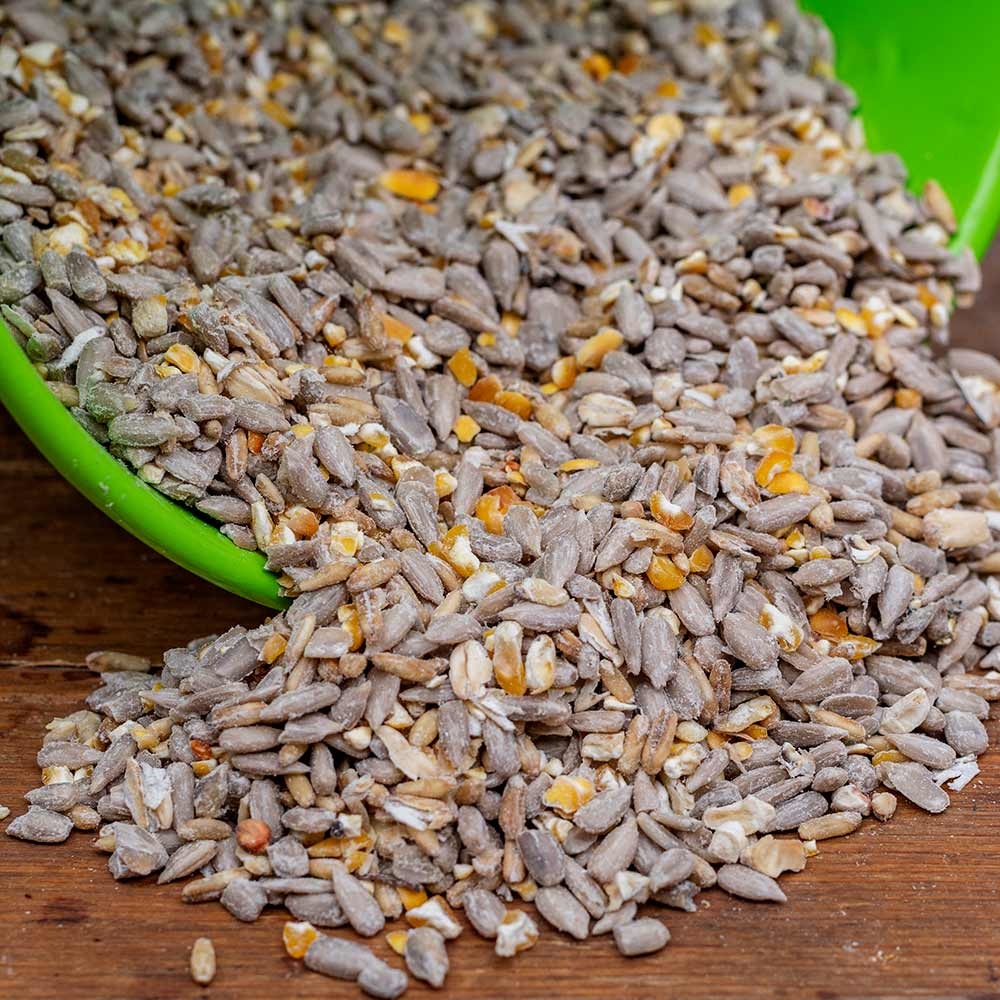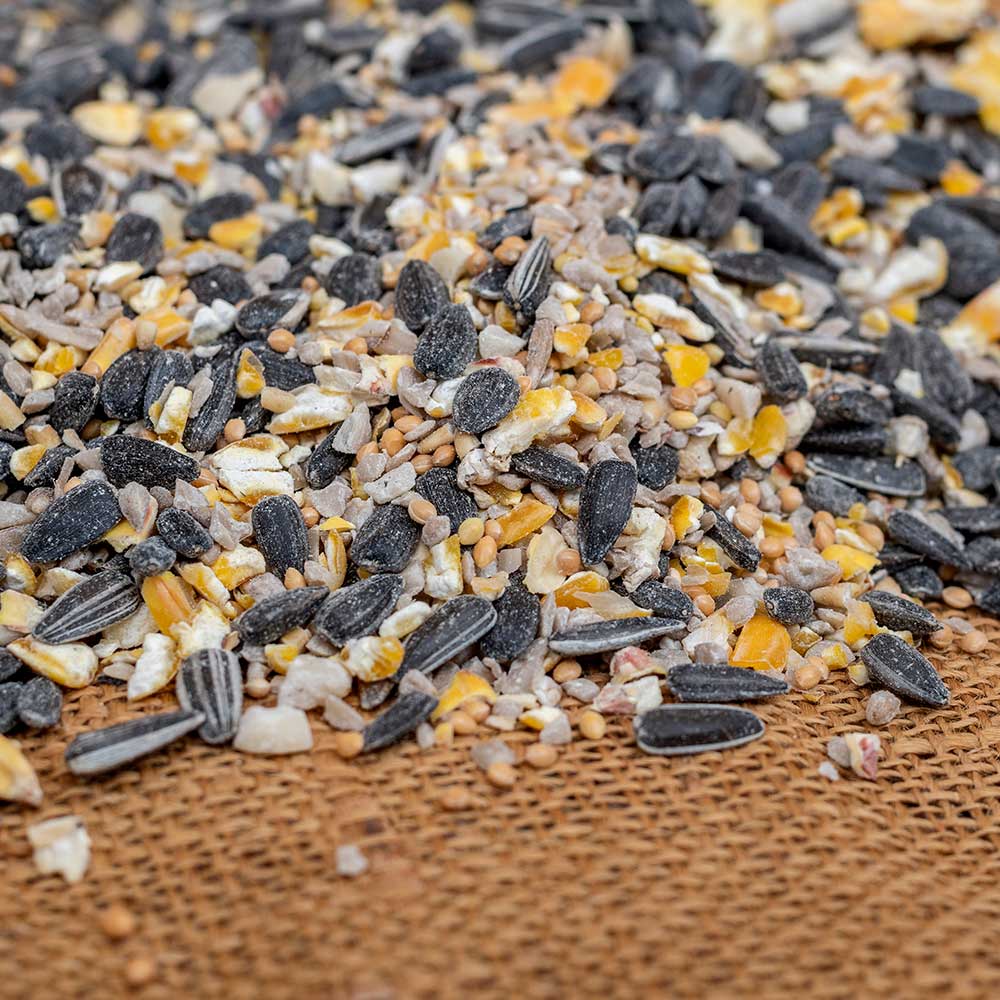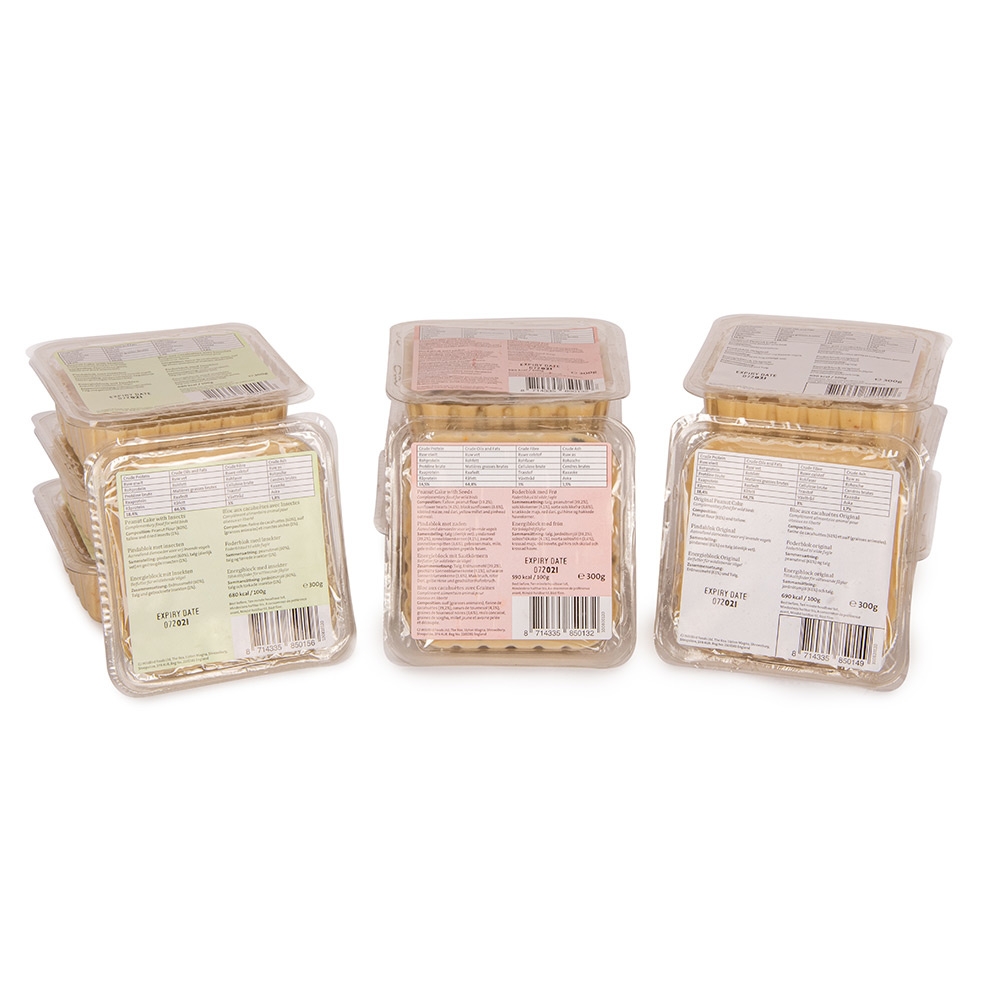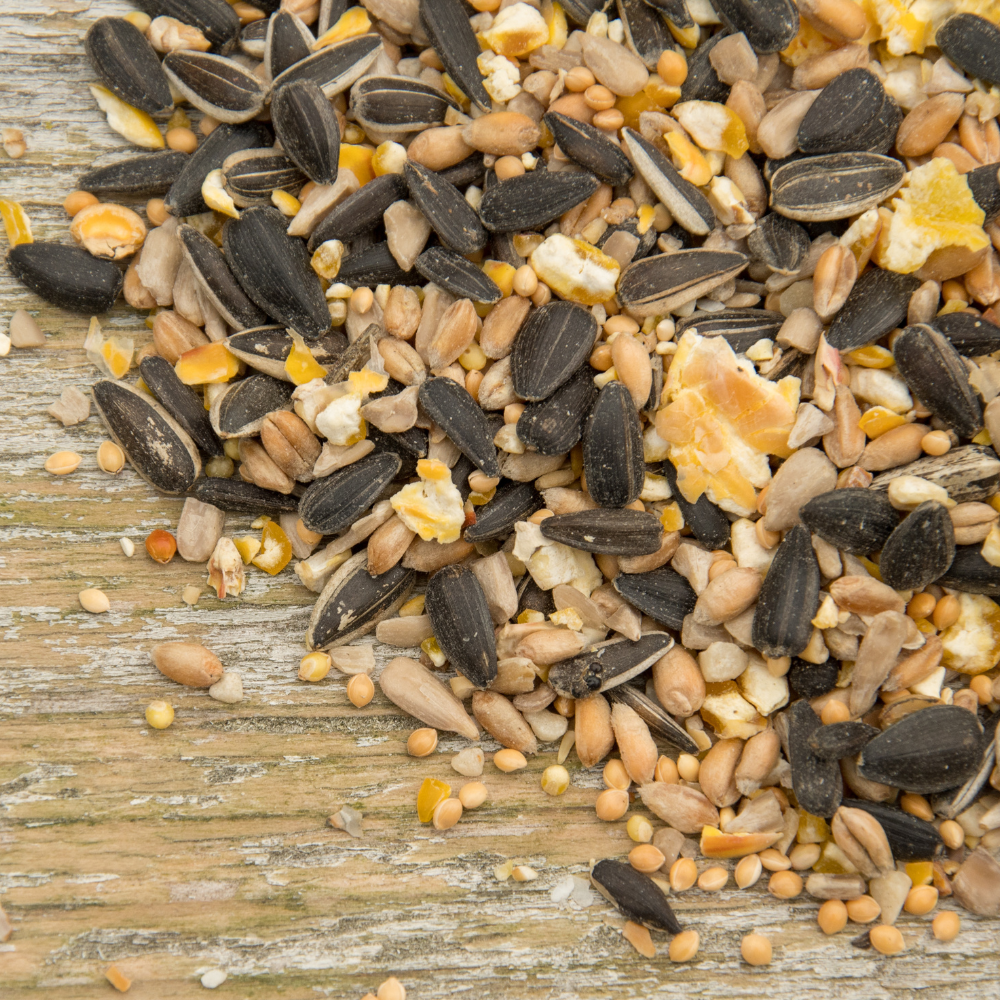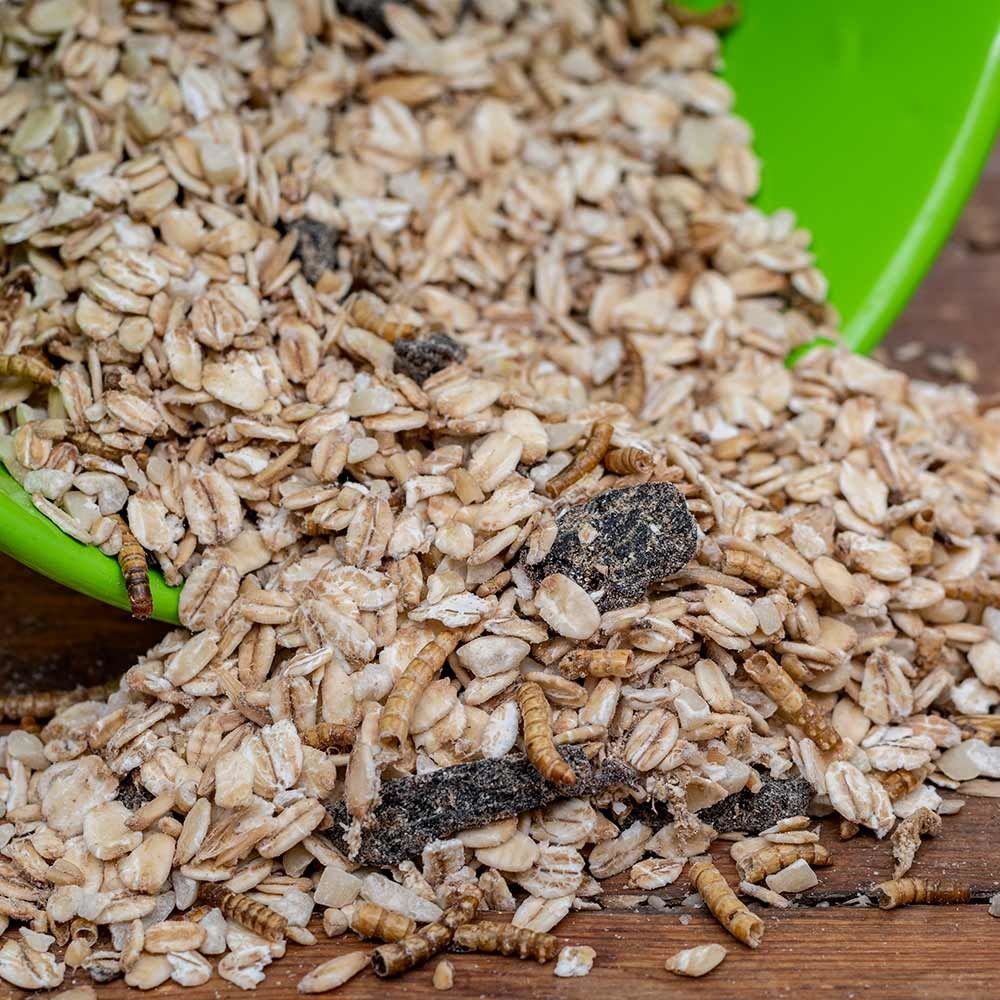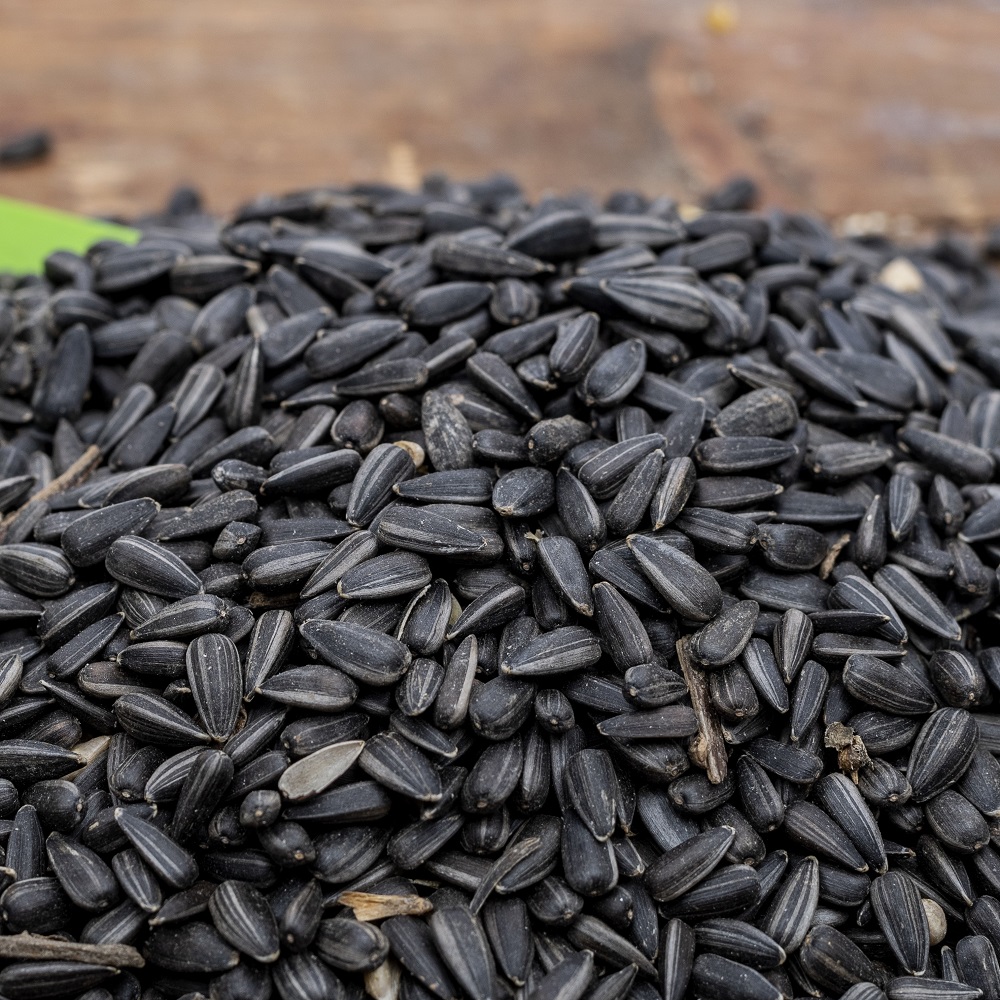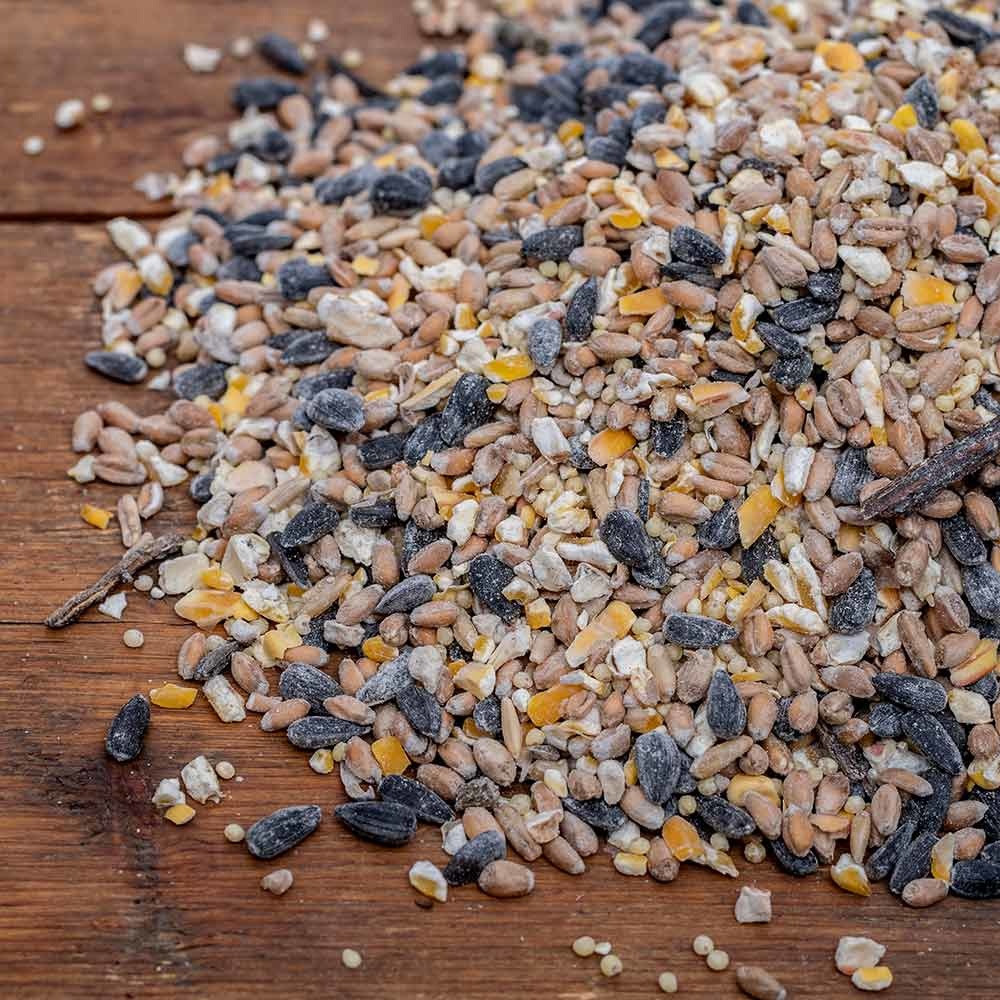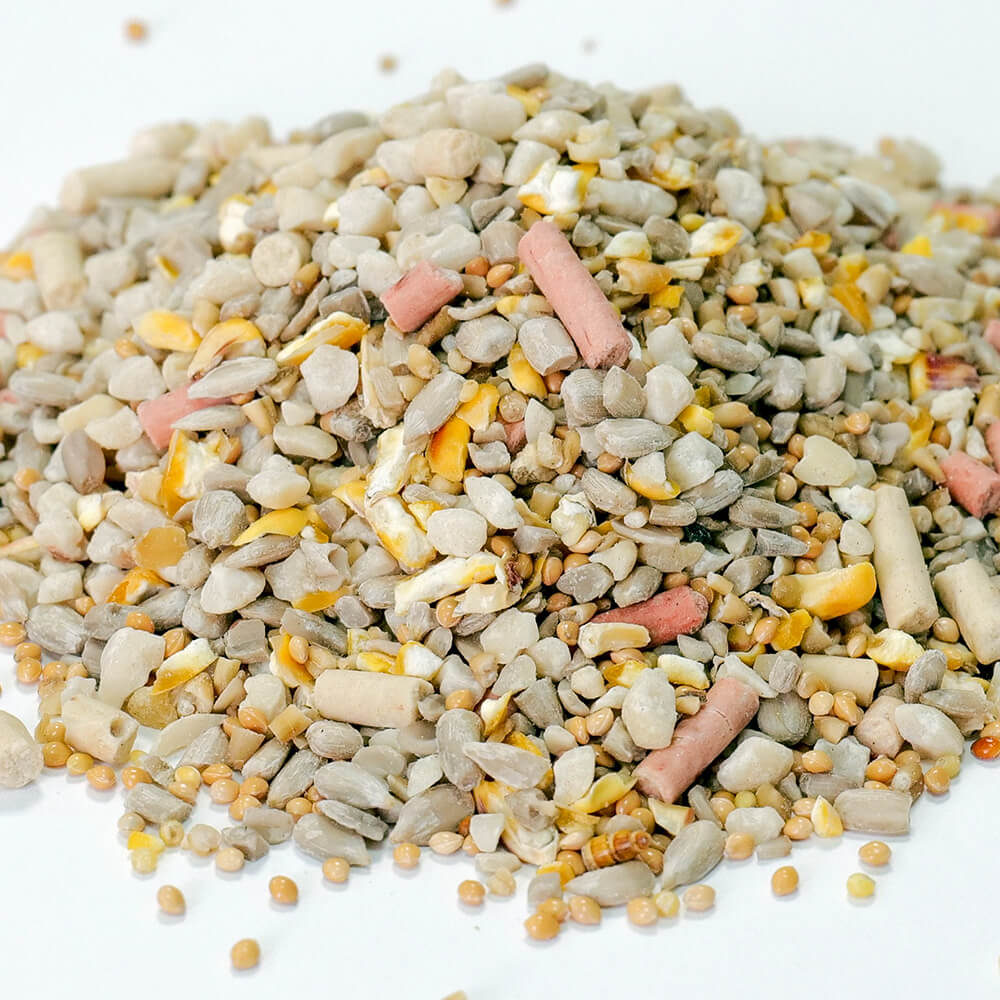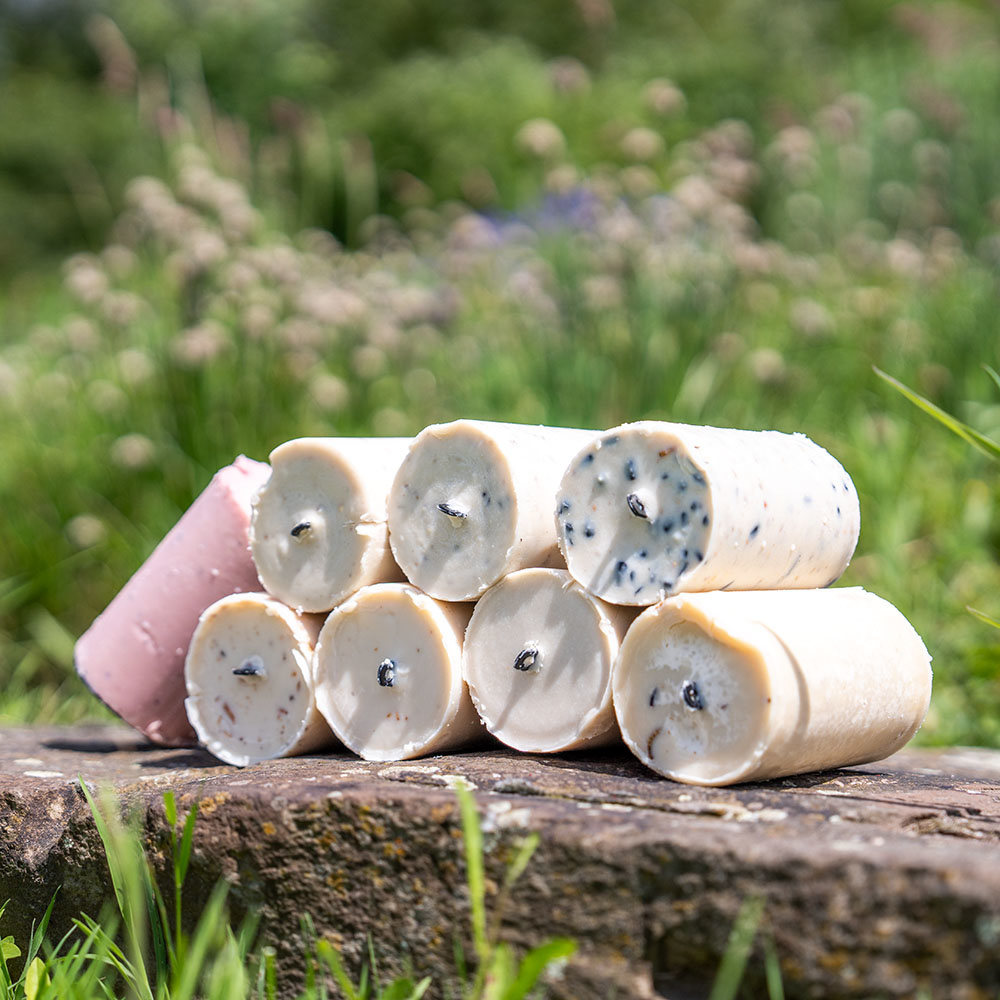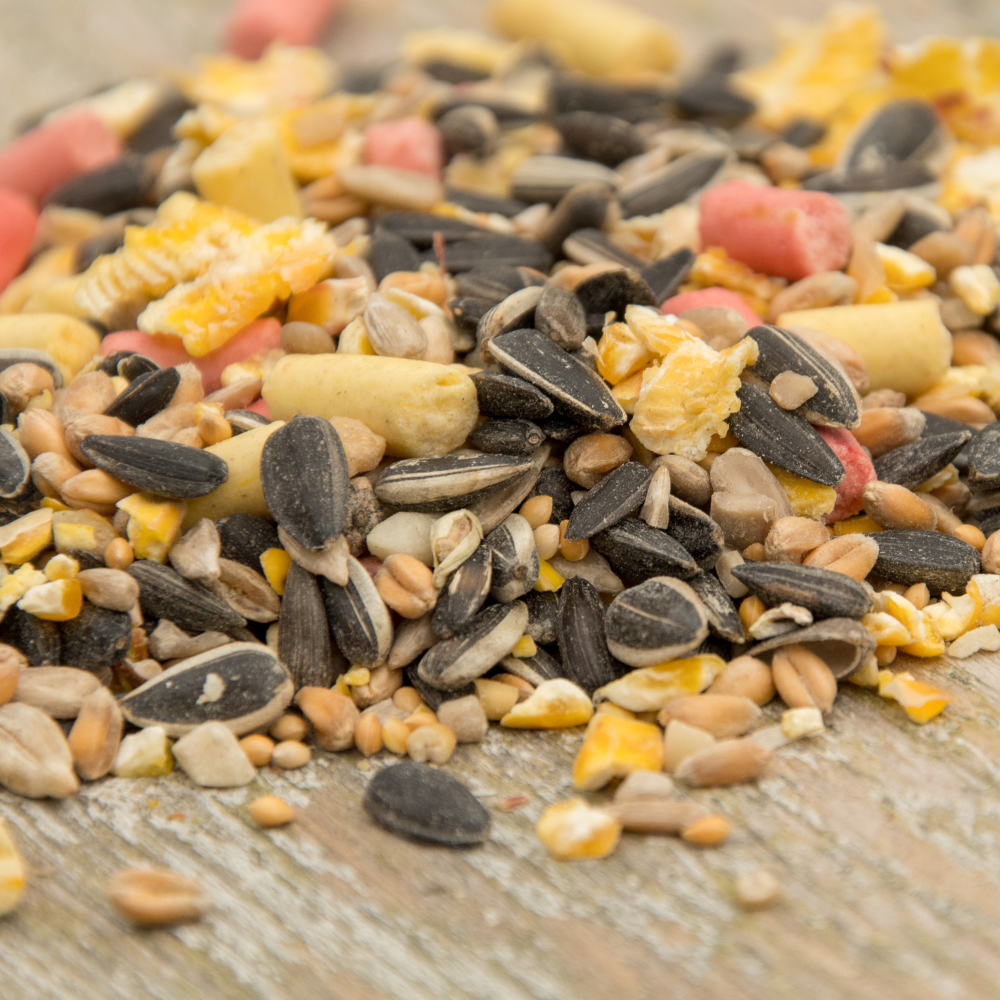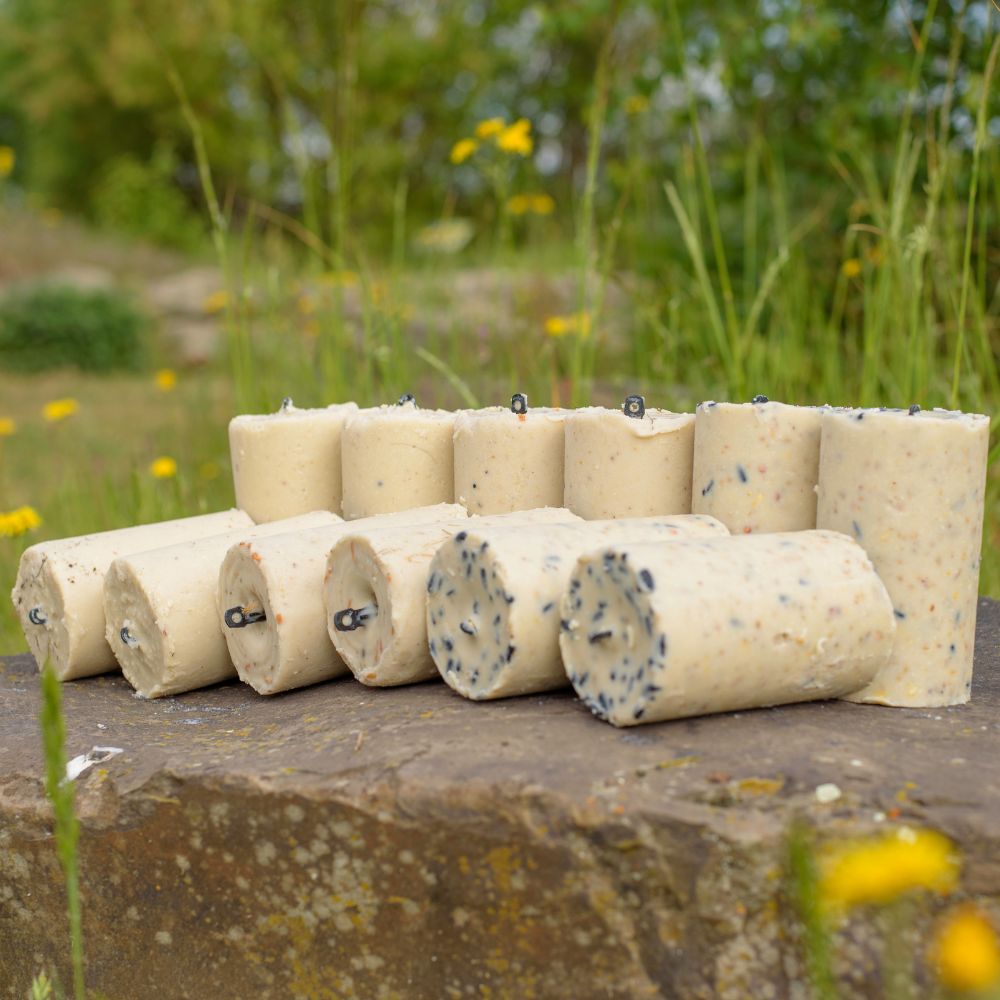Autumn Bird Food
As the days grow shorter and temperatures start to drop, birds begin preparing for the winter ahead. Autumn is a crucial time for them to build up fat reserves, molt into their winter plumage, and find reliable food sources before natural supplies become scarce. Read more here.
By offering the right autumn bird food, you can support birds during this transitional period.
Providing high-energy foods in autumn helps resident birds prepare for winter and assists migratory birds on their long journeys. With the right food choices, you can attract a variety of species to your garden while contributing to the survival of wild birds during the colder months.
Why feed birds in autumn?
Many people assume birds don’t need supplementary food in autumn because natural food sources, such as seeds, berries, and insects, are still available. However, there are several reasons why feeding birds in autumn is beneficial:
- Preparation for winter – Birds need to build up fat reserves to survive colder temperatures and food shortages in the coming months.
- Support for migrating birds – Some species, like swallows and warblers, travel thousands of kilometers to reach their wintering grounds. A steady food supply helps fuel their journey.
- Helping birds through the molting process – Many birds shed their feathers in autumn, requiring extra protein and nutrients to grow strong winter plumage.
- Establishing a winter feeding routine – Birds remember reliable food sources. If they find food in your garden in autumn, they’re more likely to return in winter when they need it most.
Best autumn bird food options
Autumn feeding should focus on high-energy foods that help birds prepare for winter while still providing the nutrients they need for their seasonal activities. The best foods offer a balance of fats, proteins, and carbohydrates.
High-energy foods
These foods provide birds with essential fat reserves to help them stay warm and maintain their energy levels as temperatures drop:
- Suet cakes and fat balls – Packed with fat and calories, these are ideal for small birds like tits, woodpeckers, and starlings.
- Sunflower hearts – Easy to eat and rich in energy, these seeds are perfect for a variety of garden birds.
- Peanuts – A great source of protein and fat, but make sure they are unsalted and offered in a mesh feeder to prevent choking.
- Dried mealworms – High in protein, they support birds during molting and help insect-eating species such as robins and blackbirds.
Nutrient-rich seeds and fruits
In addition to fat-rich foods, birds benefit from a variety of seeds and natural autumn fruits that mimic their seasonal diet:
- Black oil sunflower seeds – These have a high oil content and are easy for birds to crack open.
- Millet – A favorite for ground-feeding birds like sparrows.
- Nyjer seeds – Ideal for goldfinches and siskins, as they provide essential oils and energy.
- Hawthorn and rowan berries – Natural fruit sources are excellent for thrushes, blackbirds, and waxwings. If you have berry-bearing plants in your garden, leave them for birds to enjoy.
Tips for feeding birds in autumn
To make your garden a welcoming place for birds in autumn, follow these helpful feeding tips:
- Clean feeders regularly – Prevent bacteria and mold by washing feeders weekly with warm water.
- Provide fresh water – Birds need a clean water source for drinking and bathing, especially as natural water sources start to freeze in late autumn.
- Offer food in sheltered areas – Protect food from wind and rain by placing feeders near hedges, shrubs, or under a garden canopy.
- Scatter food on the ground – Many birds, like robins and blackbirds, prefer to feed from the ground rather than hanging feeders.
- Gradually switch to winter foods – As temperatures drop, start introducing more fat-based foods, such as suet, to help birds transition into winter feeding.
Encourage birds to stay through winter
Providing food in autumn not only helps birds prepare for winter but also encourages them to stay in your garden as a regular feeding spot. Birds remember reliable food sources and will return throughout the colder months if they know they can find food in your garden.
By planting berry-bearing shrubs, keeping feeders well-stocked, and ensuring a fresh water supply, you can create a haven for birds as they transition from autumn into winter.
Support your local birdlife this autumn
With shorter days and cooler nights, autumn is a critical time for birds to build their strength for the months ahead. By offering high-quality autumn bird food, you can play a key role in supporting both resident and migrating birds, ensuring they have the nutrition they need.
Explore our range of autumn bird food and make your garden a vital feeding spot for birds this season!

